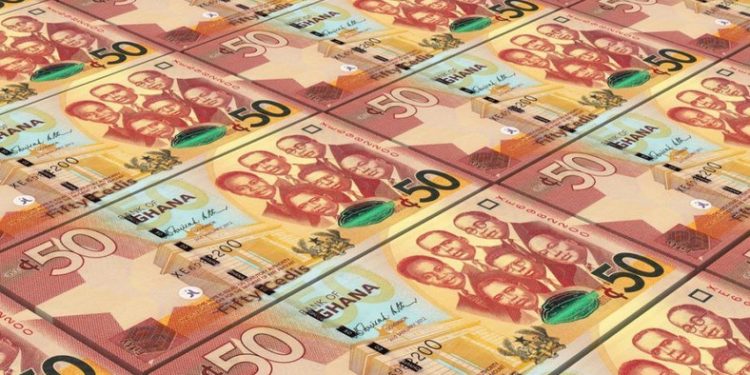The Ghana cedi will experience some marginal pressures against the US dollar, going forward into the second half of this year, but will end the year better than the record 3.9% achieved last year, some Currency Analysts have told Joy Business.
The cedi experienced a 0.04% depreciation against the US currency in the first half of this year.
It has also experienced some pressures lately because of corporate demand for dollars as a result of dividend payment to foreign shareholders.
Also, the global economy is gradually returning to normalcy, following vaccination of more people in several advanced economies. This has also increased imports at the ports.
Despite the expected interest payment on borrowed foreign funds and profit taking by non-resident investors, expected COCOBOD syndicated loan and other foreign inflows in the coming months will nullify the recent instability and preserve the relative stability of the local currency.
Senior Economic Analyst at Databank Research, Courage Martey, told Joy Business “we expect the slight depreciation to continue largely because of the continuing demand for forex which we expect to ease; and also because if you look at the size of the external debt service that the government has to repay it will also exert some demand pressure on the reserves position. That could potentially expose the cedi to some depreciation pressure and also the risk of some profit taking from non-resident investors given how high bond prices have gone”.
“You might start to see some foreign investors looking to take profit that could also exert some depreciation pressure during the second half of this year”, he pointed out
He however do not expect the depreciation of the cedi to be excessive, adding “because we believe that the reserves position is still heady/heavy enough to accommodate this pressure or this demand for forex.”
Some currency analysts who spoke to Joy Business on anonymity also shared similar sentiments with Courage but added that the Bank of Ghana must be extra vigilant to keep the pressures down.
They emphasized that the Central Bank’s reserves positioning is too strong for the cedi to experience sharp depreciation.
The Central Bank has already indicated its resolve to keep the firm stability of the cedi.
Cedi records 0.04% loss in first-half of 2021
The Ghana cedi ended the first half of this year with a marginal depreciation of 0.04% to the US dollar.
This was triggered by an uptick in demand over the second quarter which overturned the impressive appreciation in the first quarter of this year.
But the Bank of Ghana’s policy interventions, particularly the Forex Forward Auction and the staggered payment of dividend by foreign banks to their shareholders aided the performance of the cedi.
The cedi’s half-year performance is similar to last year and one of the best in recent time.




